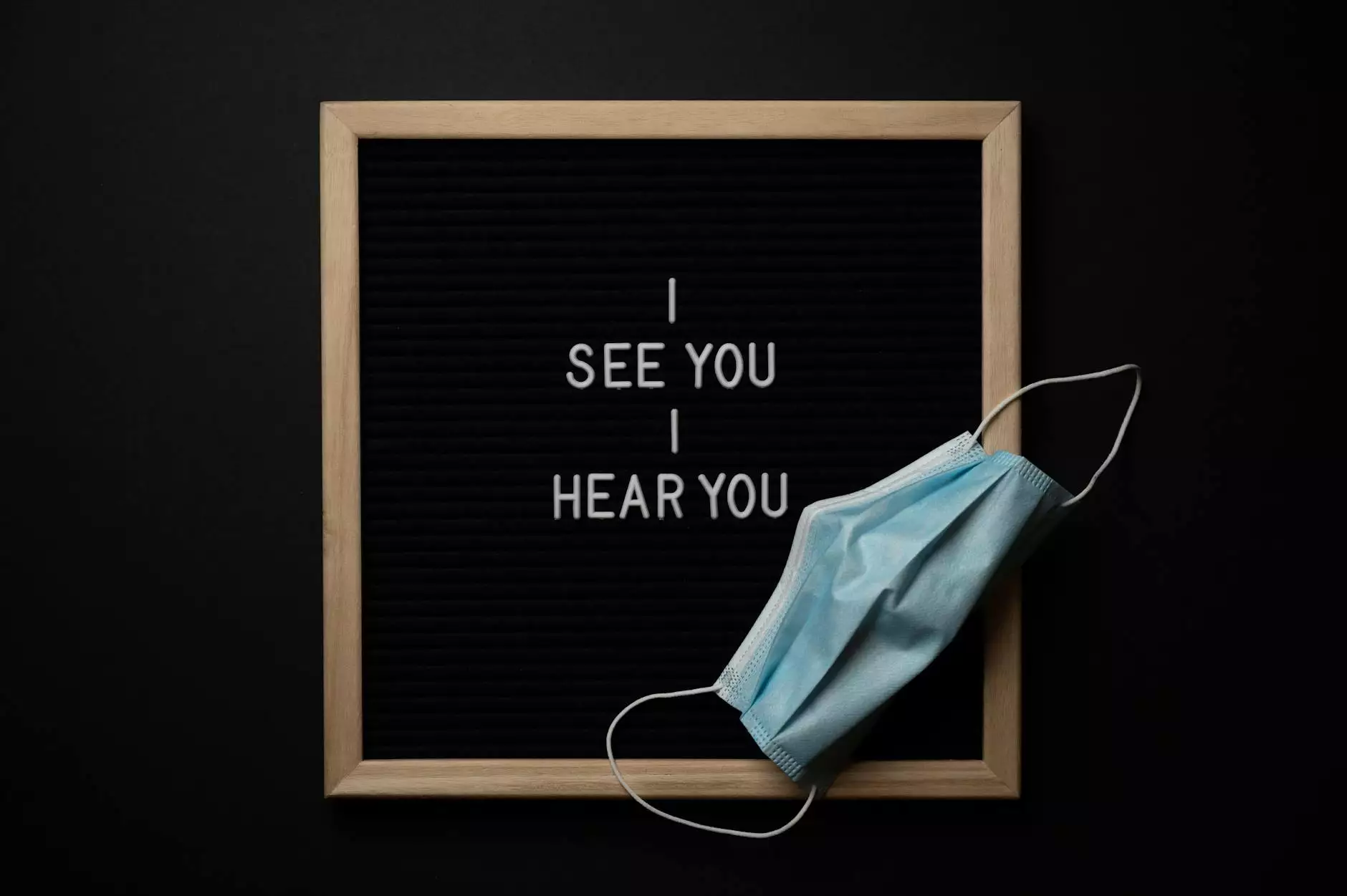Exploring the Brain: Understanding the Part That Controls Consciousness

When it comes to the mysteries of human consciousness, the brain takes center stage. Our consciousness is what makes us aware of ourselves, our thoughts, and the world around us. But exactly what part of the brain controls consciousness? In this article, we will dive into the intricate workings of the brain and shed light on the areas responsible for this remarkable phenomenon.
The Complex Network of the Brain
Before we delve into the specifics, it's important to understand the brain's overall structure. The brain consists of various regions, each playing a crucial role in different aspects of our cognitive functioning, including consciousness.
The Cerebral Cortex: The Human Consciousness Hub
At the core of consciousness lies the cerebral cortex, a highly developed outer layer of the brain. This folded sheet of neural tissue is responsible for our most complex mental functions, such as perception, memory, language, and conscious thought. With its intricate network of billions of neurons, the cerebral cortex is often regarded as the seat of human consciousness.
The Thalamus: Gateway to Consciousness
While the cerebral cortex plays a vital role in consciousness, it doesn't work alone. The thalamus, a small structure located deep within the brain, acts as a gateway, relaying sensory information from our senses to the cerebral cortex. It acts as a filter, regulating the information flow and determining what reaches our conscious awareness.
The Brainstem: The Guardian of Basic Consciousness
Although the cerebral cortex and thalamus take center stage in higher-order consciousness, we mustn't overlook the brainstem. The brainstem, composed of the midbrain, pons, and medulla oblongata, manages essential functions, such as breathing, heart rate, and sleep-wake cycles – all vital components underlying consciousness and overall brain functioning.
Unraveling the Interconnections
Understanding consciousness goes beyond pinpointing individual brain regions. It's about comprehending the intricate interconnections between various regions that work in tandem to create our conscious experience.
When we ask what part of the brain controls consciousness, it's essential to recognize that it's a networked process. The cerebral cortex, thalamus, and brainstem communicate through a series of intricate neural pathways. These communication channels allow the transfer of information essential for our conscious experience.
Continual Research and Discoveries
While we have made notable advancements in understanding consciousness, this captivating topic continues to be an active area of research. Scientists use various methods, including neuroimaging techniques like fMRI and EEG, to gain insights into the brain's inner workings.
Research has also shed light on disorders of consciousness, such as coma and altered states of consciousness. By studying these conditions, we can gain a deeper understanding of the brain's intricate mechanisms involved in consciousness and the potential for rehabilitation and recovery.
The Importance of Exploring Consciousness
Exploring the question of what part of the brain controls consciousness not only satisfies our curiosity about the human mind but also holds significant implications for healthcare and wellbeing. Understanding consciousness helps us address mental health concerns, develop therapies, and cultivate a deeper appreciation for the complex interplay between the brain and our daily experiences.
Promoting Mental Health at Behavioral Health 2000
At Behavioral Health 2000, we recognize the profound impact of understanding consciousness on mental health. As a leading provider in the field of Health & Medical and Counseling & Mental Health, we are committed to delivering comprehensive care and evidence-based practices to support individuals on their journey towards mental well-being.
Our team of experienced professionals specializes in various therapeutic approaches, ensuring personalized treatment plans tailored to each individual's unique needs. We strive to create a nurturing and supportive environment, empowering our clients to achieve optimal mental health and overall well-being.
Conclusion
The quest to unveil the mechanisms of consciousness is an ongoing endeavor, and while we have made significant strides, many mysteries remain. Understanding what part of the brain controls consciousness involves unraveling the complex web of interconnected brain regions, including the cerebral cortex, thalamus, and brainstem. At Behavioral Health 2000, we aim to contribute to this exploration by providing exceptional care and staying at the forefront of advancements in mental health research and treatment.








